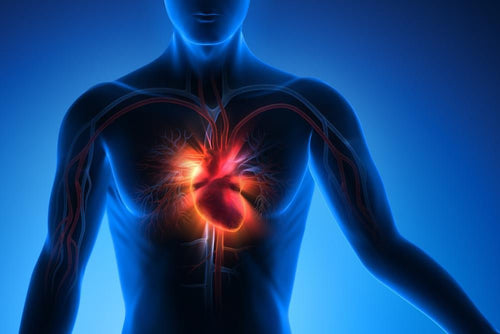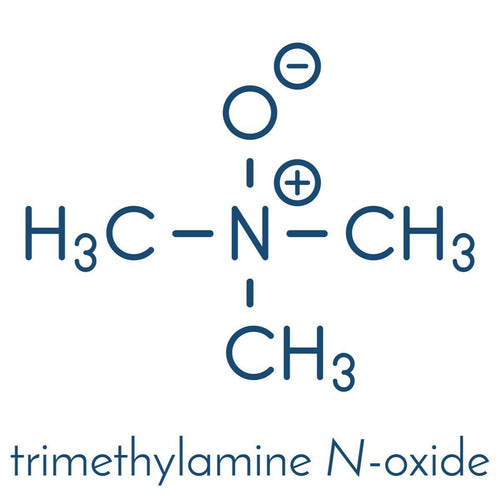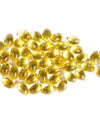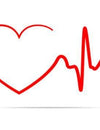The way you breathe has a strong effect on how you feel and function. Research has shown that the amount of times you breath and also how you breathe is important.
The following study included 47 healthy college students which implemented different breathing patterns (Lin IM, et., al., 2014). Anxiety and relaxation levels were measured as well as heart rate variability (HRV).
The reason HRV was measured is because research has shown a relationship between low HRV and worsening of depression or anxiety. A low HRV has even been associated with an increased risk of death and cardiovascular disease. People who have a high HRV may have greater cardiovascular fitness and be more resilient to stress.
In this study the researchers showed that breathing at a rate of 5.5 breaths per minute and with an equal time

used to breathe in and out resulted in a higher HRV and an increased feeling of relaxation. The other breathing patterns were not as effective.
A breathing frequency of 6 breaths per minute has been the frequency found to be most effective in most of the studies.
Using your diaphragm when breathing is also important. Implementing that with slow breathing increased sustained attention and lowered cortisol levels–cortisol is a stress hormone– in another study (Ma X, et.al., 2017).
When you use your diaphragm in breathing, you will see your abdomen raising when you breathe in.
This type of breathing has even shown to improve sleep when practiced before bed time (Tsai HJ,et.al., 2015).
References
Lin IM, Tai LY, Fan SY,Breathing at a rate of 5.5 breaths per minute with equal inhalation-to-exhalation ratio increases heart rate variability, Int J Psychophysiol. 2014 Mar;91(3):206-11.
Ma X, Yue ZQ, Gong ZQ, Zhang H, Duan NY, Shi YT, Wei GX, Li YF, The Effect of Diaphragmatic Breathing on Attention, Negative Affect and Stress in Healthy Adults,Front Psychol. 2017 Jun 6;8:874. doi: 10.3389/fpsyg.2017.00874.
Tsai HJ1, Kuo TB, Lee GS, Yang CC,Efficacy of paced breathing for insomnia: enhances vagal activity and improves sleep quality. Psychophysiology. 2015 Mar;52(3):388-96. doi: 10.1111/psyp.12333.

Are you feeling stressed? With the Stressed to Relaxed in 60 Seconds program, you will learn how to literally feel more relaxed and also feel less pain and stiffness in your neck in just 60 seconds
This is not difficult and it does not require expensive equipment. You can, without a doubt, do this.









